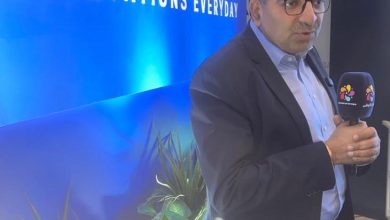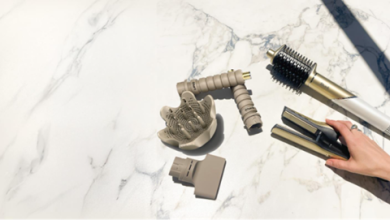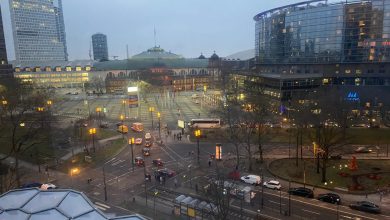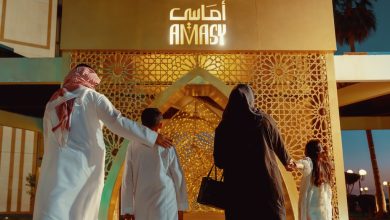Emirati Hazzaa Al Mansoori becomes the first Arab expedition leader for an ISS mission, setting a record for the longest Arab space mission

Dubai – Asdaf News:
The historic Expedition 69 has officially begun after the Soyuz MS-22 spacecraft undocked on March 28. The mission’s launch represents an important turning point for the Arab world and the UAE.
Hazzaa Al Mansoori, the first Arab Increment Lead for an ISS expedition, and Sultan AlNeyadi, the first Arab astronaut to set off on a long-duration spaceflight, are both a part of this historic mission. Al Mansoori will lead the ISS crew through every part of the trip in his capacity as lead, highlighting the UAE’s growing involvement in space exploration.
The Expedition 69 crew, led by Emirati astronaut AlNeyadi, will carry out a number of experiments during their mission, including advancing research on 3D-cultured cardiac muscle tissue to assess human cardiac function in microgravity and examining the effects of microgravity on material combustion to improve spacecraft safety. AlNeyadi will also examine samples for microbes from outside the space station.
Al Mansoori, who serves as the Increment Lead, has a key role to play in the smooth execution and integration of ISS crew activities throughout Expedition 69. This entails a variety of responsibilities, including creating, supervising, putting into practice, and disseminating mission integration processes. Al Mansoori will make sure the mission is efficient and productive by acting as the main point of communication between the ground team and the ISS crew during real-time operations, utilizing his talents and expertise.
Salem Humaid Al Marri, Director General of Mohammed Bin Rashid Space Centre (MBRSC), said: “The Expedition 69 mission is a tremendous accomplishment for the UAE and the entire Arab region. It represents the longest Arab space mission to date and marks the first time an Arab astronaut has been appointed as Increment Lead. Hazzaa Al Mansoori’s appointment to this position is a testament to his exceptional skills and knowledge, and it sets the stage for more Arab astronauts to participate in space exploration. We are excited to witness Sultan and Hazzaa collaborate to conduct ground-breaking experiments that will broaden our knowledge of space and understanding of life in microgravity.”
Astronaut Hazzaa Al Mansoori, the Expedition 69 Increment Lead, said: “I am honoured to facilitate seamless information exchange between the Astronauts Office and the ISS Expedition team. However, my role entails more than just transmitting data. It includes understanding and appreciating our crew’s challenges and triumphs in space. We aim to advance human space exploration through our collective efforts to support Expedition 69.”
AlNeyadi has started testing the BioFabrication Facility’s ability to create knee cartilage tissue for mending wounds in space and far-flung areas of Earth. The Ultrasound 2 medical instrument was also used to scan his neck, shoulders, and leg veins. On the ISS, additional experiments are planned for:
• SoFIE-MIST: The Solid Fuel Ignition and Extinction – Material Ignition and Suppression Test (SoFIE-MIST) study aims to investigate the flammability of materials that could be employed in future space missions.
• Immunity Assay Studies: This investigation seeks to develop a practical tool for monitoring the immune system directly aboard the ISS, as well as on Earth.
• Engineered Heart Tissues-2: This research aims to evaluate whether new therapies can help prevent the onset of cardiac diseases.
• External Microorganisms Study: Scientists intend to identify the microorganisms that might be transported with crew members during deep space exploration. This knowledge will assist researchers in determining the contaminants that may be brought along and which are native to other planetary bodies.
Expedition 69 crew aboard the ISS comprises astronauts Sultan AlNeyadi, Stephen Bowen, Woody Hoburg, Frank Rubio, Dmitri Petelin, Sergey Prokopyev, and Andrey Fedyaev. The completion of this six-month mission will make a substantial contribution to the UAE’s knowledge of space and set the stage for future human space exploration.–WAM




